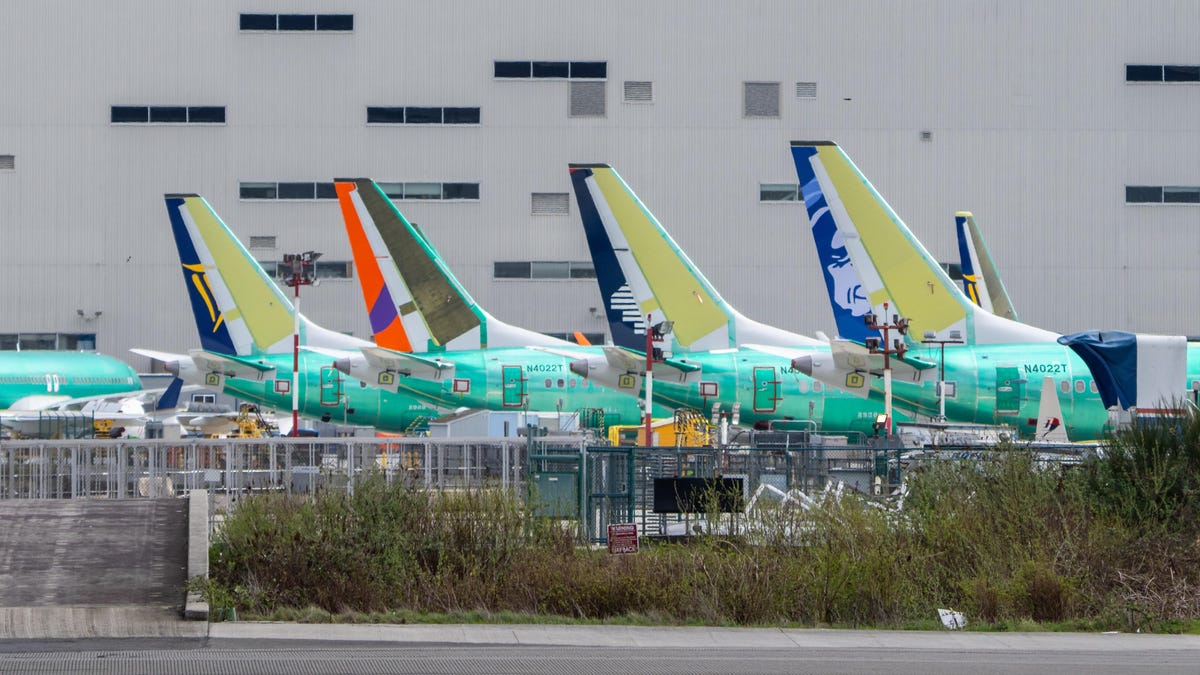Boeing’s Structural Integrity Concerns
Amidst the ongoing hearing with Boeing whistleblower Sam Salehpour, a troubling revelation regarding the structural integrity of Boeing planes has emerged. Salehpour adamantly insists on the pervasive fuselage flaws in Boeing’s 787 and 777 models, alarming stakeholders about potential safety risks. His analysis of Boeing’s manufacturing data indicates a concerning trend where the planes’ skins are not correctly fastened, posing a severe threat of mid-air structural failure due to weakened attachments over time.
Accusations from Former Boeing Manager
Accompanying Salehpour’s testimony, Ed Pierson, a former manager at Boeing’s Renton factory, resurfaced with grave allegations against the aviation giant. Pierson, known for his criticism following the tragic crashes of Boeing’s 737 Max 8 planes, emphatically labeled the current crisis as a “criminal coverup.” His stance, backed by firsthand observations, reinforces the severity of the situation and raises concerns about Boeing’s internal practices.
Documentation Discrepancies
A significant aspect of the aftermath of the recent Alaska Airlines incident involving a 737 Max 9 revolves around missing documentation related to a door plug malfunction. The discovery of four missing bolts essential for securing the door plug prompted investigations, with Pierson disclosing that the crucial records were indeed located. Notably, Pierson personally handed these documents over to the FBI, indicating potential legal implications for Boeing.
Boeing’s Response
In response to these allegations and concerns, Boeing has reiterated its commitment to safety and quality. The company has refuted claims challenging the structural integrity of its planes, emphasizing the extensive measures undertaken to uphold safety standards. Despite the controversies surrounding recent events, Boeing maintains full confidence in the safety of its aircraft and stands by its safety record.
Image/Photo credit: source url





